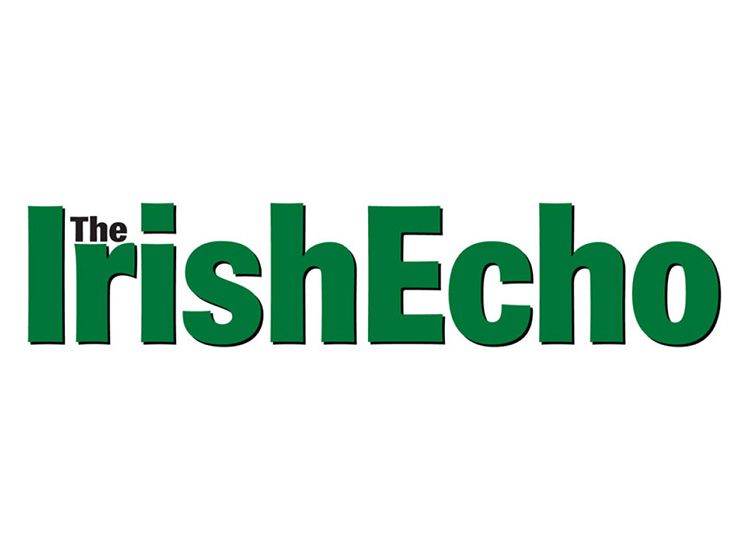The New York Times is in no doubt as to the way that Europe is going about fixing its sick man economies. "Europe's Failed Course" was the headline atop an editorial last Saturday. The editorial took strong issue with the austerity measures being imposed on those European economies that have been tottering on the brink of implosion, seemingly for ever at this stage.
Opined the Times; "Struggling euro-zone economies like Greece, Portugal, Spain and Italy cannot cut their way back to growth. Demanding rigid austerity from them as the price of European support has lengthened and deepened their recessions. It has made their debts harder, not easier, to pay off."
Interestingly enough, Ireland was absent from this assessment. The four countries named in the editorial have been referred to in the past as Europe's "pigs" economies, but Ireland has also been added to the acronym from time to time, thus producing the expanded "piigs."
But whether mentioned or not in the editorial, Ireland is very much a member of this troubled club though it's fair to say that while the Republic's, and indeed the entire island's, economy is in recession, the state of affairs does not match the extraordinary level of crisis facing the Greek economy. Small mercies indeed.
But the basic argument from the Times perspective is that the economic medicine being prescribed by the bailout dispensing troika of the European Commission, European Central Bank and International Monetary Fund is too strong for these most distressed economies and that, as the Times argued, "Chancellor Angela Merkel of Germany and President Nicolas Sarkozy of France, in particular, seem unable to admit that they got this wrong. They are still captivated by the illogical but seductive notion that every country can emulate Germany's export-driven model without the decades of public investment and artificially low exchange rates that are crucial to Germany's success."
The question that arises here is whether Ireland is best placed among the most troubled five economies to emulate that German model. Certainly, even as the grim shroud of austerity drapes the Irish political and economic landscape, the coalition government led by Enda Kenny and Eamon Gilmore has been working overtime to attract the kind of investment, most lately from the U.S., that would fuel an export-driven recovery.
The importance of exports arose again over the weekend with the visit of the Chinese vice president. China is seen as a potentially critical market for Irish exports in the future and that is no surprise given the rate at which the Chinese economy has been growing.
Ireland's low corporate tax rate is presented time and again as a reason for inward investment from overseas that will help lay the groundwork for outward exports. But one factor that is not spoken of much is that of currency.
There are valid questions surrounding this matter. For example, if you want to drag yourself from the mire of austerity by way of exports, would it not be better if you could control the relative value of your own currency? And would an export-led Irish recovery be even more potent if the Republic's currency was something other than the euro?








